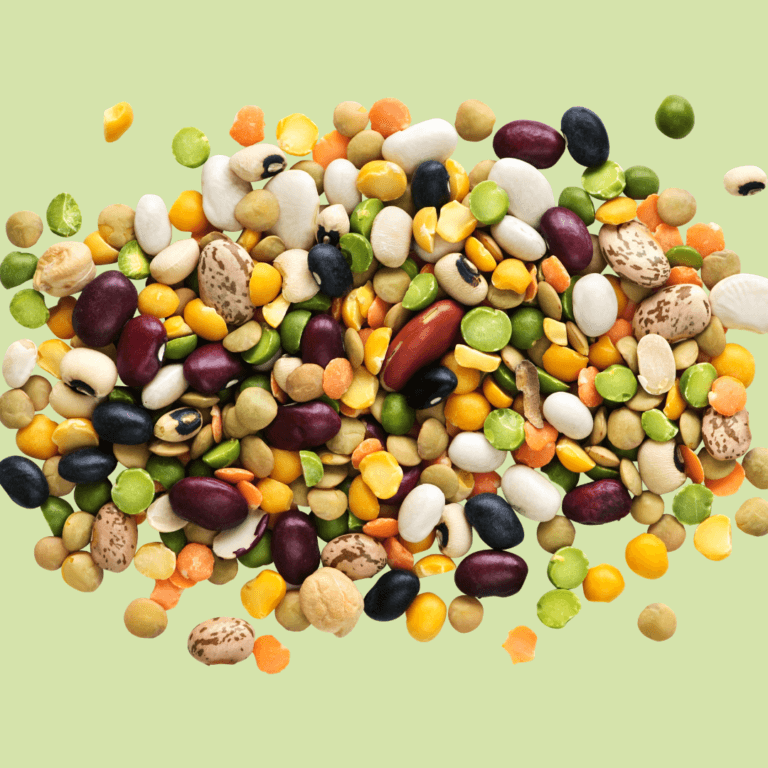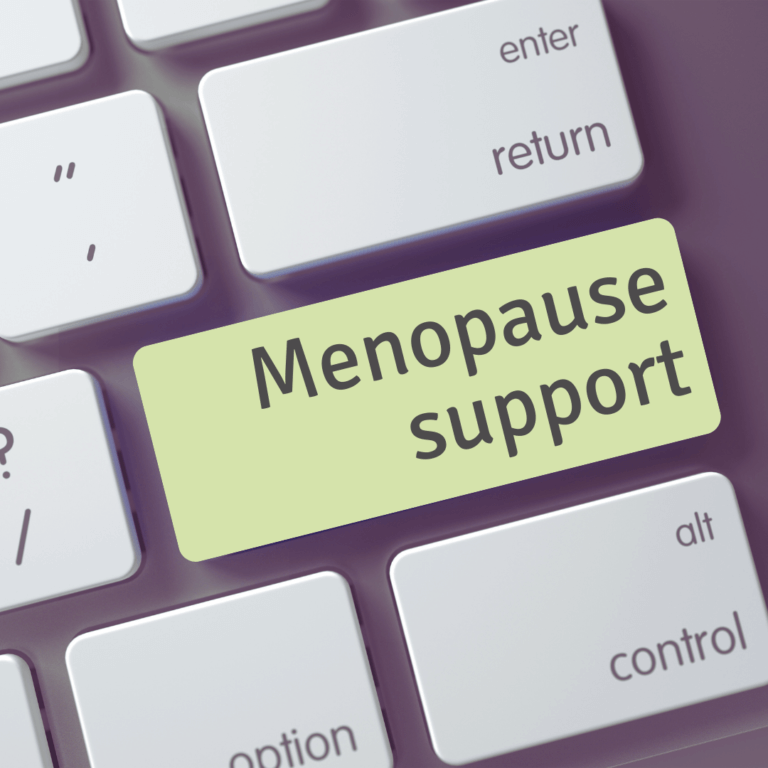Is your bladder running your life? Do you need to go to the toilet frequently, or get up during the night to pee? Or do you avoid drinking water in case you get caught without a nearby toilet, especially when you’re out, travelling or in long work meetings.
Bladder problems like these are not “just a bit inconvenient” or an inevitable part of ageing. Symptoms such as a weak pelvic floor or an overactive bladder can often be improved or well-managed with the right strategies. Left untreated, bladder issues can have a significant impact on your daily life, health and emotional well-being.
The impact of menopause on the bladder
Bladder issues increase with age, however this is more marked in women and there seems to be an increase that coincides with menopause. Oestrogen directly affects the pelvic area and the drop in oestrogen during menopause can have an impact on the bladder and continence issues.
A survey of 2,000 UK women, conducted for the Royal College of Obstetrics and Gynaecologists (RCOG), found over 60% of women have at least one symptom of poor pelvic floor health. One in five women experienced urinary incontinence and a quarter experienced a frequent urge to pee.
Why it’s important to think about your hydration habits around menopause
Many women find that their bladder becomes a little controlling around peri-menopause and post-menopause. For example, more urgent and more frequent trips to the toilet, or small leaks, especially when jumping around. Some women manage this by avoiding drinking at certain times in order to reduce the inconvenient toilet trips, especially when there might not be access to one. However, this reduction in fluid intake may not be compensated for, especially for women who are out and about a lot, or in jobs that make toilet trips difficult.
Poor hydration can increase the risk of urinary tract infections and bladder dysfunction. Women are becoming dehydrated trying to manage bladder symptoms, but in doing so are aggravating the symptoms they are trying to manage. Dehydration results in more concentrated urine, which irritates the bladder – causing discomfort and can increase urgency and frequency of toilet trips.
Hydration tips for menopause
- General advice is the same for everyone. Aim to drink 1.5 to 2 litres of fluid a day. If active, or if you’ve been sweating a lot, it’s important to drink more.
- Get into the habit of drinking enough water. Starting the day with a glass of water is a useful habit to get into. Carry a water bottle with you to help keep track of your water intake. For example, drinking and refilling a 500ml bottle a few times a day to help you reach your daily intake.
- If you are tapering how much you drink to help reduce night time toilet trips or to manage other bladder symptoms, be sure to compensate for the times of day you’re drinking less.
What you can do to support your bladder health
Did you know studies suggest that it takes women around 6.5 years from first noticing symptoms to seeking support? The stigma of talking about incontinence, or the fear of discussing it, often stops women taking action. Don’t let that be you.
Start the conversation, whether for yourself or a friend. Talking openly can help break the taboo and encourage more women to seek support without embarrassment.
Pelvic floor exercises – Your pelvic floor muscles sit at the base of your pelvis and help support your bladder, uterus and bowel. Exercising these muscles to maintain their strength can be beneficial for bladder and bowel function as well as maintaining sexual function. The NHS Inform website and RCOG website has useful information and advice.
Keep a bladder diary to make it easier to describe your issues and to discuss the impact of them on your life. This helps health professionals help you.
Watch out for bladder irritants – Some foods can irritate the bladder, particularly if you are not well hydrated and urine is concentrated. Some common offenders are:
- Caffeine (e.g. coffee, tea, fizzy drinks)
- Alcohol
- Spicy food
- Certain foods (like strawberries)
Keeping a note to identify specific foods and drinks that make things worse and reducing them might be helpful while seeking support to get to the root of the problem.
Further information
For more information, check out the ‘Healthy Hydration’ chapter in Eating Well for Menopause. Download this free bladder diary from the Let’s Talk Food website.
If you’re a podcast fan, check out the Women Positively Ageing podcast episode on Bladder Health and Nutrition, with my Eating Well for Menopause co-author Lynn Burns.
*This blog post contains Affiliate links. Please see my disclaimer page for more details.





